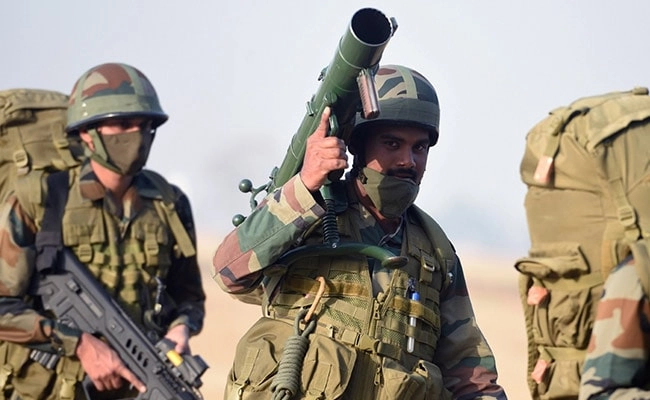The political landscape in India is often characterized by its dynamism, with party leaders and representatives frequently adapting their strategies and positions to align with changing circumstances. A notable instance of this phenomenon can be observed in the contrasting trajectories of CP Radhakrishnan and Jagdeep Dhankhar, two prominent figures associated with the Bharatiya Janata Party (BJP). Both of these leaders have undergone significant transformations in their political narratives, reflecting the broader shifts within the party and the Indian political milieu.
CP Radhakrishnan, once a staunch advocate for the party’s traditional ideologies, has recently taken a more centrist stance, signaling a departure from some of the more hardline positions that have historically characterized the BJP. This evolution can be attributed to various factors, including the changing demographics of the electorate and the need for the party to appeal to a broader segment of the population. Radhakrishnan’s pivot towards moderation indicates a strategic recalibration, aimed at maintaining the party’s relevance in an increasingly diverse political landscape.
In stark contrast, Jagdeep Dhankhar’s political journey has seen a sharp embrace of the BJP’s core tenets, particularly in the context of regional politics. As the party navigates the complexities of governance in various states, Dhankhar’s alignment with the BJP’s foundational principles has positioned him as a key player in reinforcing party loyalty and discipline. His assertive approach in promoting the party’s agenda underscores a commitment to solidifying its influence at both state and national levels. The divergence in Radhakrishnan’s and Dhankhar’s political strategies illustrates the multifaceted nature of party politics, where adaptability and adherence to core values can coexist, often leading to a 180-degree turn in leadership narratives.
These contrasting paths not only reflect individual leadership styles but also highlight the broader strategic shifts within the BJP as it seeks to navigate the complexities of contemporary Indian politics. As the party continues to evolve, the experiences of Radhakrishnan and Dhankhar serve as a microcosm of the challenges and opportunities faced by political leaders in a rapidly changing environment. In this context, their journeys underscore the importance of both ideological flexibility and steadfast adherence to party principles as critical components of effective political leadership in India.




